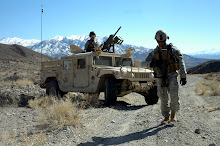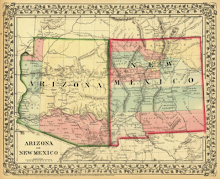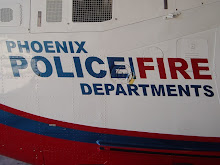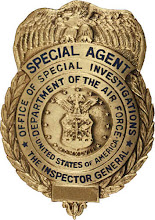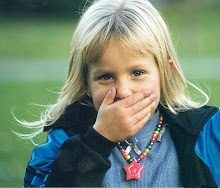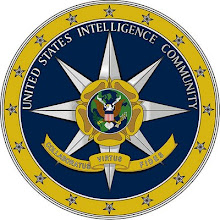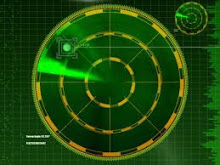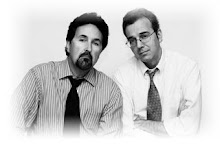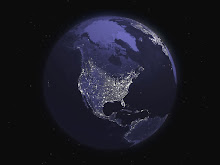Saturday, August 29, 2020
First responders must deal with society’s problems, shortcomings, injustices every day
By Steve Hammons
Joblessness, homelessness, poverty, child abuse and neglect, mental health issues, needless accident injuries, high stress, violent and stupid human behavior – these are just some of the elements of today’s society that firefighters, paramedics, emergency medical technicians (EMTs) and public safety peace officers must constantly face.
Hospital emergency department staff, child protection agency personnel, social workers and others on the front lines also see the tragic results of the complex societal challenges they face every day.
Constantly dealing with the human damage related to flaws and inadequacies of our current health care, economic and social safety net systems takes a toll on the minds and hearts of our first responders.
Seeing and dealing with these things takes a toll on their souls.
Like the rest of us, first responders might feel helpless to do anything beyond trying to handle the immediate situation in front of them – the injured child, the fire caused by carelessness, the human predator assaulting a vulnerable person.
THE FRONT LINES
Our troops overseas also see these same patterns repeating over and over in societies and nations around the world. There is human tragedy and suffering that is preventable and could be mitigated … if only there was a will and a way.
U.S. armed forces are trained and equipped to launch robust humanitarian efforts around the world, though this is not their primary mission. And when U.S. forces inadvertently inflict human suffering among the innocent, “collateral damage” of civilian women and children is a high cost to pay for some military operations.
What’s the collateral damage here at home? What price are we willing to pay for U.S. children living in poverty, homelessness and hunger? How about the thousands of homeless American military veterans and others sleeping on the streets?
What damage does this do to our collective soul as a nation?
First responders – from fire department EMTs to public safety peace officers on patrol – must face these realities, steel their hearts and try to do the best they can while maintaining their humanity and sanity under unrelenting difficult situations in our society today.
Teachers and school personnel often see the same problems in the children, teens and families they strive to educate, help and serve. Many child abuse and neglect reports to child safety agencies come from teachers and school staff.
Firefighters, paramedics, EMTs and public safety peace officers also file a significant number of the child abuse and neglect reports to child safety investigators.
BETTER WORKING CONDITIONS
Many first responders might wish for better working conditions where they didn’t have to face the same degree of human suffering, violence, stupidity and tragedy so frequently.
Those calls to child abuse situations can be rough. The same with other cases of cruelty and savagery, or even accident injuries that could have been prevented. Serious accident injuries involving children can be emotionally difficult. First responders face these kinds of cases all the time and must deal with the related stress.
Stress "debriefing" sessions are often helpful for first responders to process the feelings of what they've had to see. Post-traumatic stress feelings are common among first responders. Most of those types of feelings are normal, natural and appropriate. They show that our first responders have hearts and compassion, and that they are human.
Maybe if poverty and homelessness were mitigated and reduced, we could see a reduction in many of these human situations. If decent-paying jobs were more widely available, would people resort to crime to the same degree?
What if more robust social and health care services were available to more people, from prenatal care and newborns to the elderly? Could that help the overall situation, including alcohol and drug abuse?
How can we improve the human dynamics that first responders must deal with? How can we prevent that unnecessary car wreck or tragic accident injury? How can we save those children from abuse, neglect and hunger?
Maybe we make no efforts to improve these situations. We just leave it to the first responders to pick up the pieces of dysfunction and human damage in our society. Let the firefighters, paramedics, peace officers and other first responders handle the human tragedy in today’s world, and deal with the related stress.
Or maybe, we need to create communities and societies where our first responders see less and less human suffering, including their own.
(Related articles "Human perception key in hard power, soft power, smart power" and “Storytelling affects human biology, beliefs, behavior” are posted on the CultureReady blog, Defense Language and National Security Education Office, Office of the Undersecretary of Defense for Personnel and Readiness, U.S. Department of Defense.)
































































